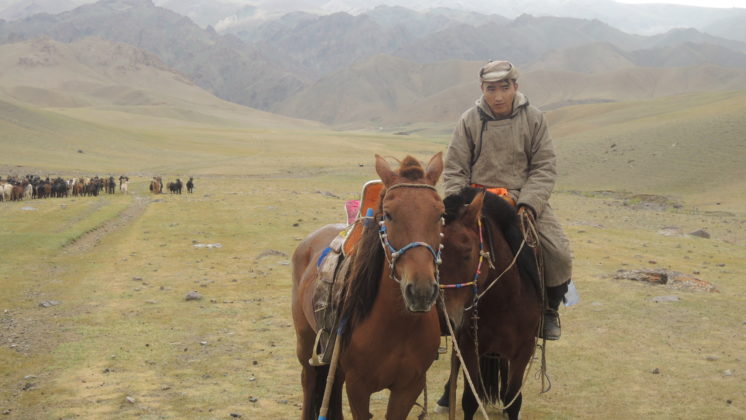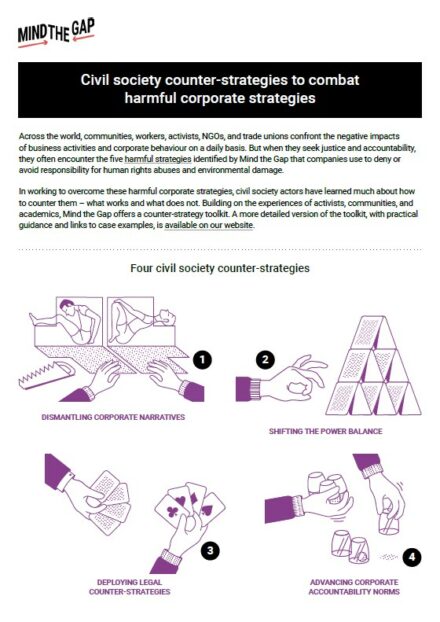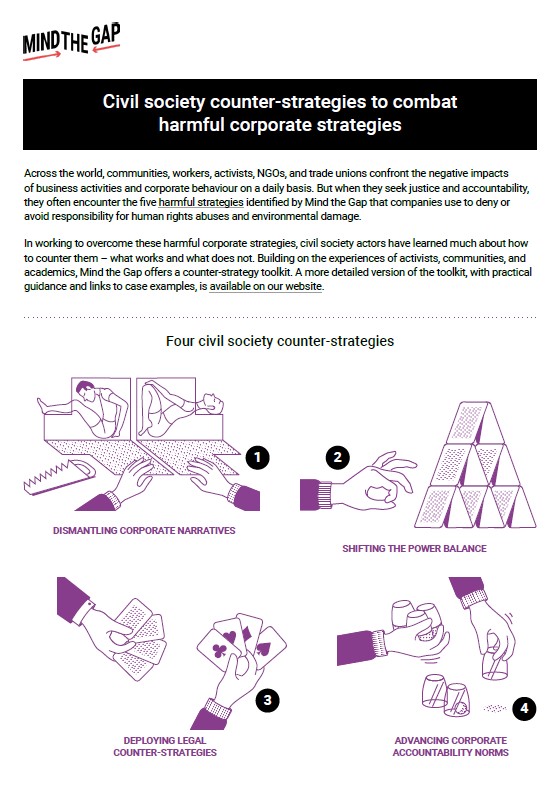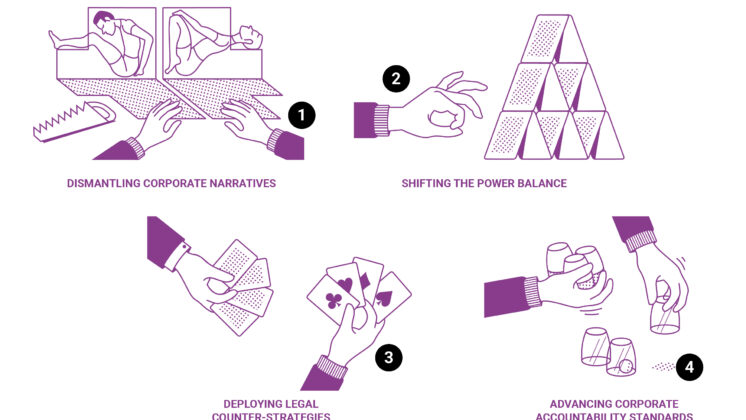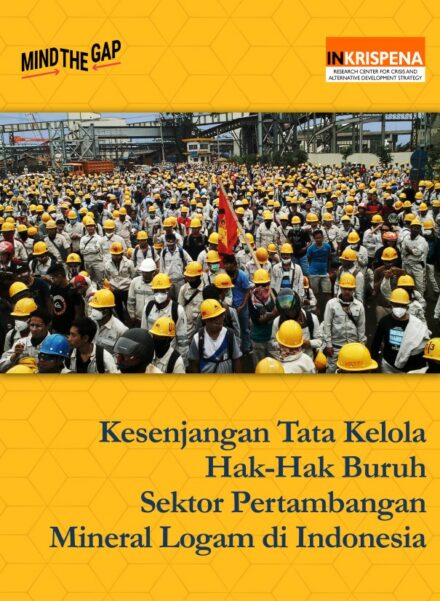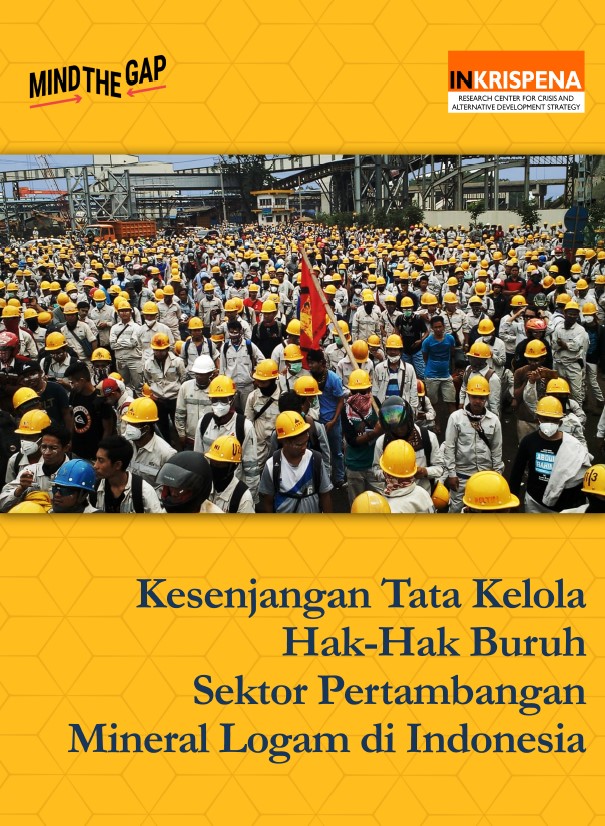Criminalisation has been defined as the use of “legal frameworks, strategies and political and legal actions with the intention of treating [the defence, promotion and protection of human rights] as illegitimate and illegal”.[1] Criminalisation of human rights defenders (HRDs) can delegitimise resistance against a company’s harmful activities and silences critics.
CASE STUDY: Thai company Thammakaset criminalizing employees and activists
The criminalisation of HRDs engaged in otherwise legal and legitimate resistance against corporate misconduct is often condoned or carried out by state agents inspired by, or at the request of, the company that the HRDs are standing up against. Whereas the role of companies in the criminalisation of HRDs is not always obvious, they can play a crucial role behind the scenes. Companies can, for example, act through calling the police during peaceful demonstrations in front of company premises or reporting ‘criminal’ conduct, including accusing HRDs of trespassing. Or they will lobby for legal reforms that prohibit certain types of resistance. In this strategy, the state apparatus for protecting the rule of law is being used as a weapon against communities, rather than as a protector.
CASE STUDY: Mongolian environmental defenders sued by Altain Khuder
Compared to SLAPP suits, criminalisation of HRDs involves personal criminal charges against HRDs and can therefore involve more serious personal consequences in case the HRDs lose the lawsuit, such as imprisonment.
[1] Jennifer Echeverría, 2012, cited in Protection International, “Criminalisation of Human Rights Defenders: Categorization of the Problem and Measures in Response” December 2015. https://www.protectioninternational.org/wp-content/uploads/2012/02/ProtectionInternational_English_Update.pdf. (accessed April 30, 2020)


